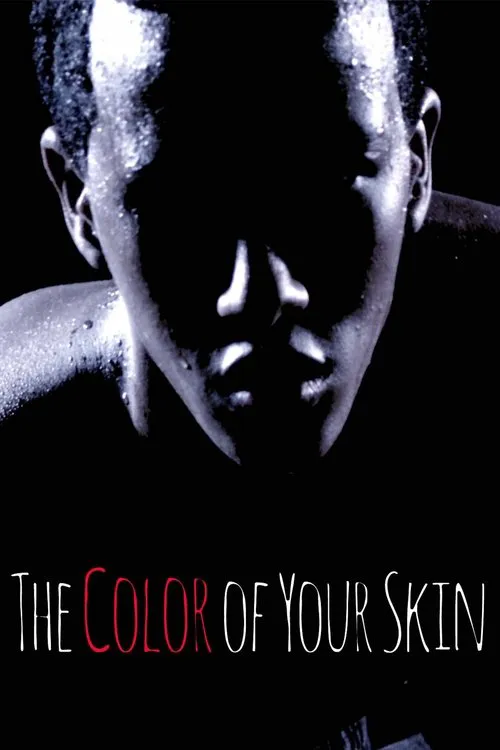The Color of Your Skin

Plot
The Color of Your Skin is a thought-provoking documentary that delves into the pervasive issue of racism in modern-day London. The film sets out to explore the lived experiences of people from diverse racial backgrounds, shedding light on the complexities and nuances of this deeply ingrained societal problem. The documentary begins by highlighting the often-overlooked experiences of people of color in the United Kingdom. Through a series of candid interviews and observational footage, the film reveals the everyday struggles faced by individuals from various racial groups. These individuals share their personal stories of racism, from subtle microaggressions to overt acts of hate speech and violence. Their testimonies paint a grim picture of a society where racism is still deeply entrenched. One of the primary focuses of the documentary is the British police force's treatment of people of color. Many interviewees recount instances of racial profiling, brutality, and excessive use of force, which perpetuate a cycle of mistrust between law enforcement and marginalized communities. The documentary highlights the stark disparities in policing practices, showing how people of color are disproportionately targeted and brutalized. Another key theme of the film is the concept of 'everyday racism.' The documentary explores how subtle, often unintentional comments or actions can have a profound impact on individuals from racial minorities. These microaggressions might seem harmless to some, but they can be profoundly hurtful and alienating for those on the receiving end. The film's contributors emphasize the cumulative effect of such incidents, which can erode a person's sense of belonging and self-worth. The documentary also touches on the role of social media in perpetuating racism. The widespread prevalence of hate speech and online harassment has created a culture of toxic trolling, where individuals feel emboldened to express vitriolic views under the anonymity of digital platforms. The film highlights the devastating impact of online abuse on mental health, particularly for already marginalized groups. The Color of Your Skin also raises important questions about institutional racism and systemic inequality. The documentary examines how policies and practices within institutions, such as education, employment, and healthcare, can perpetuate racism. These systems often remain hidden behind a veneer of neutrality or objectivity, making it challenging to identify and challenge racial biases. Throughout the film, the director seeks to humanize the experiences of people of color, rather than simply highlighting the statistics or numbers. By focusing on the personal stories and voices of its contributors, the documentary creates a powerful sense of empathy and understanding. The film encourages viewers to consider the perspectives of others, to listen to their experiences, and to acknowledge the complexities of racism. One of the most striking aspects of The Color of Your Skin is its refusal to offer easy solutions or simplistic answers. Rather than providing a sense of clarity or resolution, the documentary presents a nuanced and multifaceted exploration of racism. The film resists the temptation to offer a neat, tidy package of 'what to do,' instead recognizing the complexity and messiness of racism. Ultimately, The Color of Your Skin is a necessary and timely documentary that underscores the urgent need for systemic change. By sharing the stories of people from diverse racial backgrounds, the film highlights the imperative for collective action and solidarity. As the documentary so starkly illustrates, racism is a pervasive problem that requires a sustained and ongoing effort to dismantle. The Color of Your Skin urges viewers to join this struggle for justice, equality, and humanity.
Reviews
Jace
Li Hong-chi directed this?!?!?! (followed by multiple exclamation points to convey the surprise and excitement)
August
Self-directed and self-acted (or is it?) [5/10]
Recommendations


